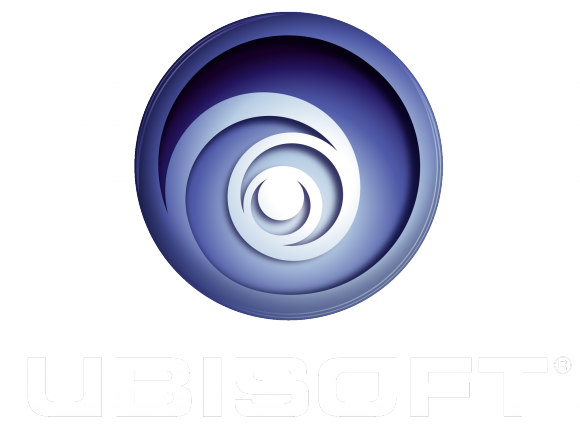It’s truly a sign of a the times when a videogame publisher can simply block your access to the game you just spent your hard earned money on, but that’s the fracas PC users playing Ubisoft games have found themselves in.
The problems began earlier this week when users playing Ubisoft published games like Far Cry 4, The Crew, Watch_Dogs, and Assassin’s Creed: Unity suddenly found their games missing from their libraries. After a torrent of outraged complaints from said users, Ubisoft explained that they deactivated keys for those games after discovering that they had been purchased fraudulently.
In response, EA subsequently removed all Ubisoft games from Origin in order to “protect against further fraudulent purchases.”
In a statement, a Ubisoft spokesperson said:
We strongly recommend that players purchase keys and downloadable games only from the Uplay Store or their trusted retailers,
We regularly work with our authorised resellers to identify and deactivate fraudulently obtained and resold keys.
In this case, we confirmed activation keys were recently purchased from EA’s Origin store using fraudulent credit card information and then resold online. These keys may have been deactivated. Customers who may have been impacted should contact the vendor where they purchased the key for a refund.
In other words, players purchasing game keys not directly from Ubisoft or EA but instead from third party resellers were the ones affected by the deactivations.
Two of these resellers in question were identified as Kinguin and G2A. Some players turn to companies like them as they offer digital purchases of games at significantly cheaper prices than purchasing directly from Origin, Steam or Uplay.
There was initially pushback from one of these resellers, Kinguin, which has offices in Poland and Bulgaria. Speaking to Eurogamer, the company’s chief marketing officer Bartłomiej Skarbiński said that Ubisoft’s actions had “no legal basis” and that they were ignoring “rights for reselling used digital downloaded games.”
However, the company appears to have wised up, and has now acknowledged that an unidentified Russian sold them and 35 other resellers the fraudulently purchased keys. As a result, Kinguin is in the process of refunding over 4600 customers, with the company estimating that 148,377 euros in refunds will be awarded once the dust settles.
“We at Kinguin do not claim ourselves technologically more advanced than Ubisoft or Origin however we do verify big or unusual purchases,” Skarbiński said, “We believe these platforms must have access to anti-fraud e-commerce tools that should raise alarm flags in such cases.”
The moral of the story? Buy your digital downloads directly from Origin, Steam or Uplay if you can afford it.
Play games, take surveys and take advantage of special offers to help support mxdwn.
Every dollar helps keep the content you love coming every single day.

